By Dragana Komnenov PhD
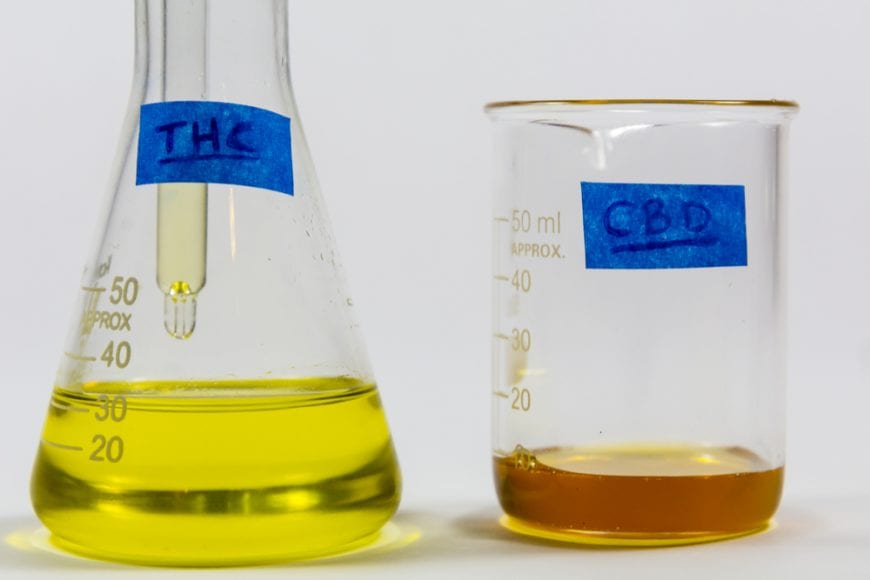
CBD binds to a different site on the CB1 that, when filled, prevents THC from binding. This is very big news for cancer and chronic pain patients who need high doses of THC to manage their symptoms.
Cannabis is a complex mixture of hundreds of different cannabinoids, terpenes and other chemicals that may modulate the effects of THC, the main psychoactive constituent of the plant. A number of studies now support the view that CBD may reduce the negative psychotropic effects of THC while also enhancing its positive therapeutic actions.
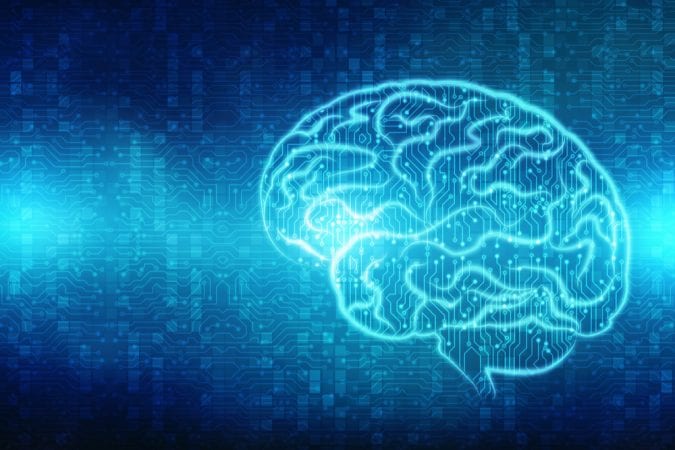
It has been inferred, by the human studies, that CBD slows or stops some of the effects of THC, including: memory impairment, appetite stimulation, anxiety and psychotic-like states.
More controlled human trials, in which known doses of CBD and THC were administered, are in agreement with findings of the naturalistic studies. These all confirm that CBD decreases the psychoactive and physiological effects of THC. Specific studies have demonstrated that CBD reduced the effects of THC on anxiety, hippocampus-dependent episodic memory, psychotic-like symptoms and emotional processing.
Major therapeutic and public health implications are ahead for this CBD-THC relationship. For medicinal purposes, the possibility then arises to utilize plant strains with balanced THC and CBD contents to maximize the therapeutic outcomes while minimizing side effects. So, for example, if you needed super high doses of THC for pain management, you could mitigate the ‘couch-lock’ with CBD. Just what should that ratio be? Science isn’t there yet.
CBD Antagonizes THC Just Like Your Big Brother Did
The mechanism of interaction between CBD and THC at different concentrations certainly requires some further study, and it wasn’t until late 2017 that the first study addressed the question of how the brain reacts to this relationship.
The aim of this study was to investigate, in mice, whether CBD was able to reduce the acute behavioural and physiological effects of THC. The test was run at 1:1 THC/CBD dose ratio. Researchers were also looking to find out how CBD tempered the brain activation pattern caused by THC.
What CBD does to THC is called “antagonism.” Much like how you might have antagonized your younger sibling back in the day by preventing him or her from doing something…like reaching the basketball. CBD is also able to keep THC from reaching the parts of the brain that get induced into an anxious state..
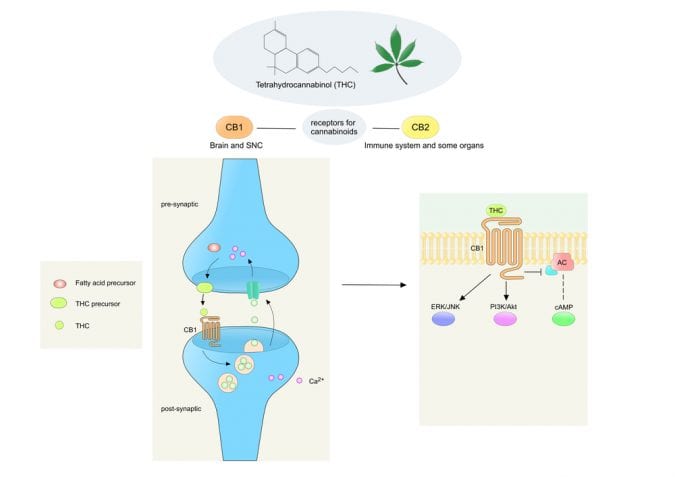
How is CBD Able to Reduce the Psychoactivity of THC?
It is not likely that CBD physically kicks THC off the receptors. Rather, one potential explanation is that CBD may act as an allosteric inhibitor. Basically, this means that CBD would occupy a site on CB1 receptors outside of the THC binding site, but close enough to physically prevent THC from binding.
In doing so, CBD would not activate the receptor, it would just prevent the THC from activating it. In cases where CBD is present in much lower proportions then THC, the activation of CB1 by the overwhelming majority of THC molecules would prevail. However, when we have equal number of THC and CBD molecules, it’s a more even race.
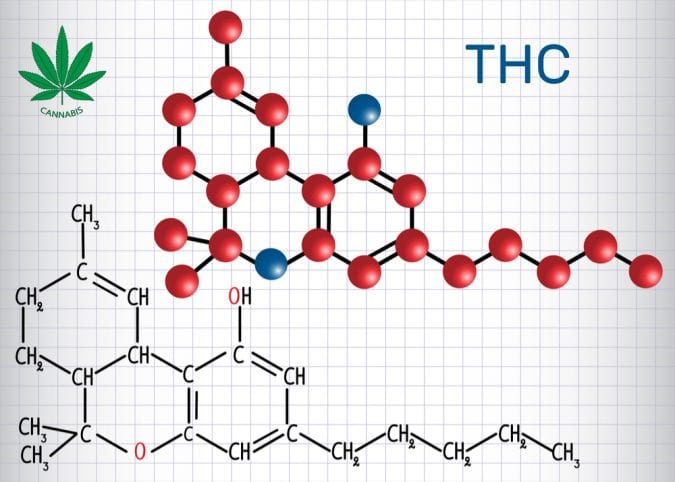
Studies Are Saying More is Not More When it Comes to CBD
What if this ratio is changed to 2:1 in favour of CBD? If we suspect that one CBD molecule prevents one THC molecule from binding to CB1, what happens when we have twice as many CBD molecules?
A very recent study attempted to address this. They assessed the effects of THC and CBD both alone and in combination on psychotic symptoms and memory function using four groups: 1) placebo, 2) 8mg THC, 3) 16mg CBD and 4) 8mg THC+ 16 mg CBD by inhalation via vaporizer. This was administered to 48 cannabis users.

THC alone increased the negative psychiatric symptoms and robustly impaired episodic and working memory, while co-administration with double the amount of CBD reduced some psychotomimetic symptoms but overall did not attenuate most of the acute psychotic and memory impairing effects of vaporized THC. This would seem to suggest that more CBD is actually ineffective at reducing psychoactivity.
There are several drawbacks of this study, however, that need examining. First, there was no group receiving THC and CBD in a 1:1 ratio, precluding any sort of comparison for the 2:1 ratio. Secondly, a control group of non-cannabis users was not included in the study. The effects in these naïve individuals could be different, preventing the possibility to unequivocally say whether higher amounts of CBD are disadvantageous in all individuals.
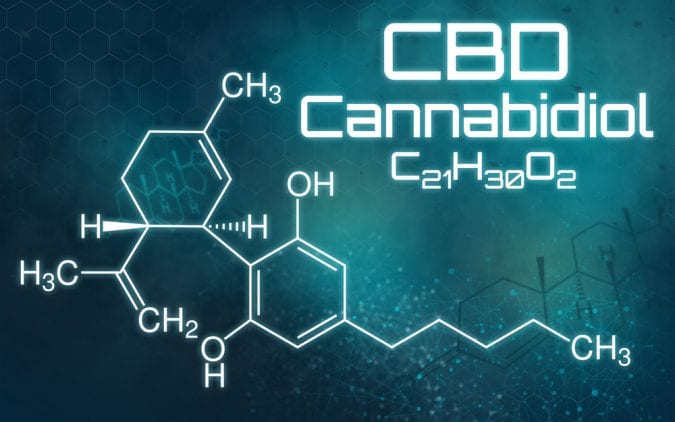
Nevertheless, this is the first study investigating the effects of higher CBD amounts compared to THC, and the follow-up studies will likely further tease apart these effects.